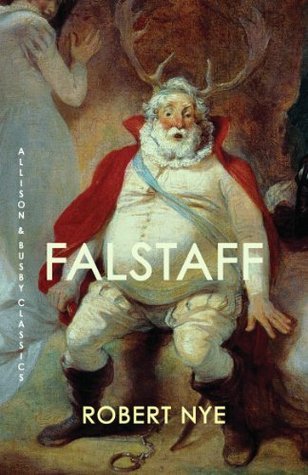What do you think?
Rate this book


608 pages, Kindle Edition
First published January 1, 1976
History is so much piss and wind. Clio is the Muse of History. And who was Clio’s mother? Mnemosyne. Mrs Memory. That’s who. And who was Clio’s father? Your author.
Friends are the enemies you’re just getting to know.
Old age is when it takes all night to do what you used to do all night.